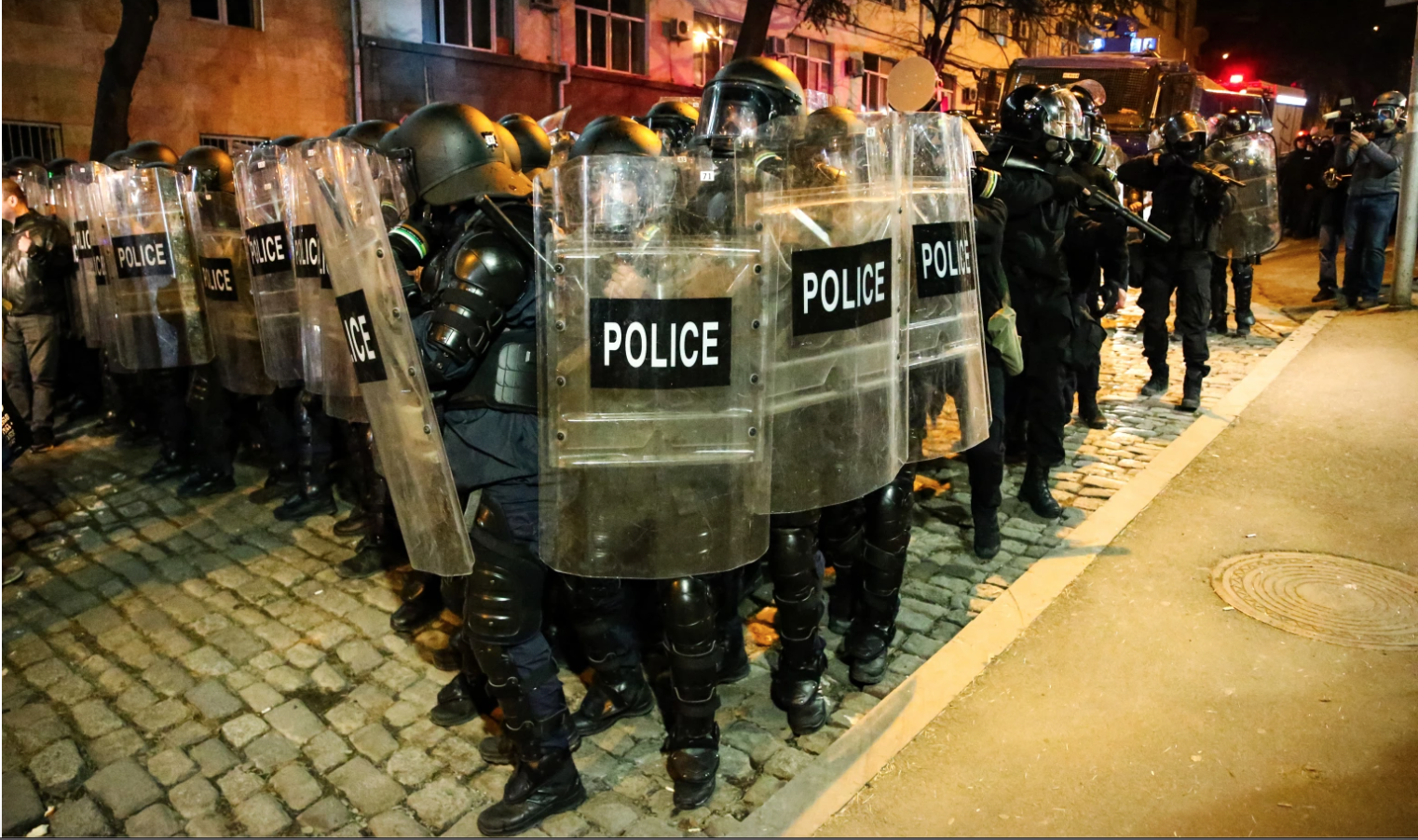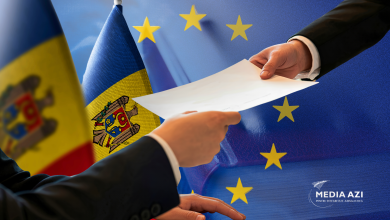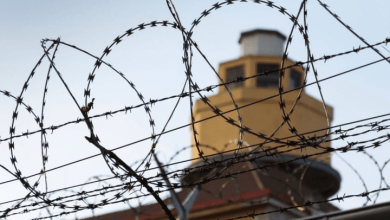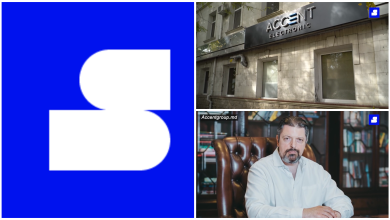Georgia: Access Denied to Independent Russian Journalists and Press Attacked during the Protests

Since the full-scale war of the Russian Federation in Ukraine broke out in February 2022, the Georgian authorities have banned at least 11 independent Russian journalists from entering the country without a valid reason. Suspected of having acted under pressure from Russia, the Reporters Without Borders (RSF) demands from Georgia to explain these decisions and put an end to these practices, according to the press release from the NGO.
According to the source, most of the journalists and activists who are victims of this practice are stopped at customs without any explanation from the border police, sometimes for several hours, until they are finally notified that they are being denied entry, the Georgian Young Lawyers Association (GYLA) mentions in a report entitled “Obstacles to Border Crossing” that it is soon to be published.
The list of the Russian independent journalists who have been denied access to Georgia includes Aleksandra Shvedchenka, the correspondent of the Russian TV channel Dozhd (TV Rain), who was exiled in Latvia. “On the document they gave me, it was written that the reason for refusal was ‘other reason envisaged by Georgian legislation,’ with no further precision,” she told RSF. Also, journalist Filip Dziadko, who had been living in Georgia with his family for a year, had his phone confiscated and denied entry on February 19 when he landed again in Tbilisi, as well as Aleksei Ponomaryov, podcast editor at the independent media outlet Kholod, according to the press release.
“For the many Russian journalists fleeing their country’s totalitarian decline, Georgia has long been a land of asylum,” declared Jeanne Cavelier, the head of RSF’s Eastern Europe and Central Asia desk. “These unjustified denial of entry decisions – with terrible consequences for the journalists concerned, who are condemned yet again to rebuild their lives – reflect the harder line being taken by the Georgian government towards independent media. We call on the government and its prime minister, Irakli Garibashvili, to explain these decisions, to resist any pressure from the Russian authorities, and to resume a policy of welcoming all Russian journalists who are forced to flee their country,” she also declared.
CPJ: Georgian police beat, obstruct journalists covering protests against foreign agent law
Also in March, according to the press release by the Committee to Protect Journalists (CPJ), law enforcement officers in Tbilisi, the Georgian capital attacked and obstructed the work at least 14 journalists covering protests against the “foreign agent” draft law. The information was confirmed to CPJ by Mariam Gogosashvili, director of the Georgian Charter of Journalistic Ethics.
During the protests, officers with the Special State Protection Service allegedly shoved Mihail Gvadzabia, a reporter for the independent news site Netgazeti, Tamuna Gegidze, editor of the independent news website On.ge, and Vakhtang Kareli, with the independent broadcaster Formula TV. They were allegedly forcibly removed from Parliament despite having passes and credentials, according to the reports, footage from the scene, and the statements made by Mikheil Gvadzabia, who spoke to the CPJ representatives by phone.
On March 8, Aleksandre Keshelashvili and Basti Mgaloblishvili, reporters with the independent outlet Publika, were filming police when one officer shouted “Get rid of the journalists,” and another pushed them from the scene, hitting Keshelashvili’s phone and then kicking him in the hip. The information has been confirmed by Keshelashvili, who spoke to CPJ online and provided the footage from the scene.
Another case of abuse refers to Formula TV reporter Giorgi Kvijinadze and camera operator Davit Mania. They were filming police beating and detaining protesters when around ten officers tried to take their camera and then repeatedly punched them on their backs and torso, according to the reports and the statements by Kvijinadze for CPJ.
Carlos Martínez de la Serna, CPJ’s program director, emphasized the need for the Georgian authorities to ensure that journalists could cover these important events safely and without hindrances. “Georgian authorities must conduct a full and transparent investigation into law enforcement officers’ recent obstruction of journalists covering protests,” he also added.
In February, the Georgian parliament introduced new accreditation regulations allowing the legislative authority to restrict access to accredited journalists on security grounds and to suspend accreditation on vague grounds of violating order, Gogosashvili declared, according to CPJ, adding that local advocacy groups are challenging those regulations in court. On March 5, the Georgian Parliament suspended the accreditation of at least ten journalists for one month alleging that they had participated in protests inside the premises of the institution. CPJ addressed the police, the Parliament, and the Special State Protection Service for comment, but did not receive any replies, according to the organization.



